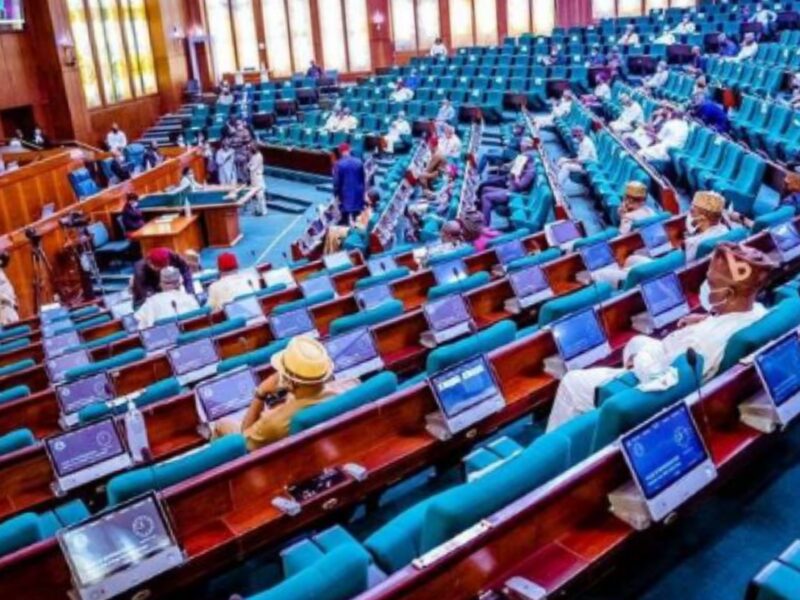The amendment specifically targets Section 308 of the Constitution, which currently grants immunity to the President, Vice President, Governors, and Deputy Governors. If passed, the new law will limit this protection solely to the President and the Vice President only when acting in the capacity of President under Section 145.
Abuja, Nigeria – The House of Representatives has advanced a bill seeking to amend the 1999 Constitution by limiting immunity to only the President while in office.
The proposed legislation, which passed its second reading on the floor of the House, aims to strip the Vice President, state governors, and their deputies of the legal protection that shields them from prosecution.
The bill, sponsored by Rivers State lawmaker Solomon Bob, was among 42 legislative proposals debated and approved for further consideration during a plenary session presided over by Deputy Speaker Benjamin Kalu in Abuja.

The amendment specifically targets Section 308 of the Constitution, which currently grants immunity to the President, Vice President, Governors, and Deputy Governors. If passed, the new law will limit this protection solely to the President and the Vice President only when acting in the capacity of President under Section 145.
Furthermore, a new subsection (4) is set to be introduced, stating that immunity will no longer apply if a public official is acting in an unofficial capacity, exceeds the powers of their office, or is involved in criminal activity.
According to the bill’s sponsor, the amendment is designed to promote transparency, curb corruption, and ensure greater accountability among public officeholders.
The bill reads in part:
*”Section 308 of the principal Act is amended by—
(a) Substituting a new subsection (3) as follows:
‘(3) This section applies to a person holding the office of the President of the Federal Republic of Nigeria and the Vice President only when acting as President, in line with Section 145 of this Constitution.’
(b) Creating subsection (4) as follows:
‘(4) The foregoing provisions of this section shall be inapplicable where the person to whom this section applies is acting in an unofficial capacity, where their conduct exceeds the powers of the office, or where their actions are criminal in nature.’”
If successfully enacted, this amendment could mark a significant shift in Nigeria’s governance structure, making high-ranking officials more accountable during their tenure.









Join our Channel...